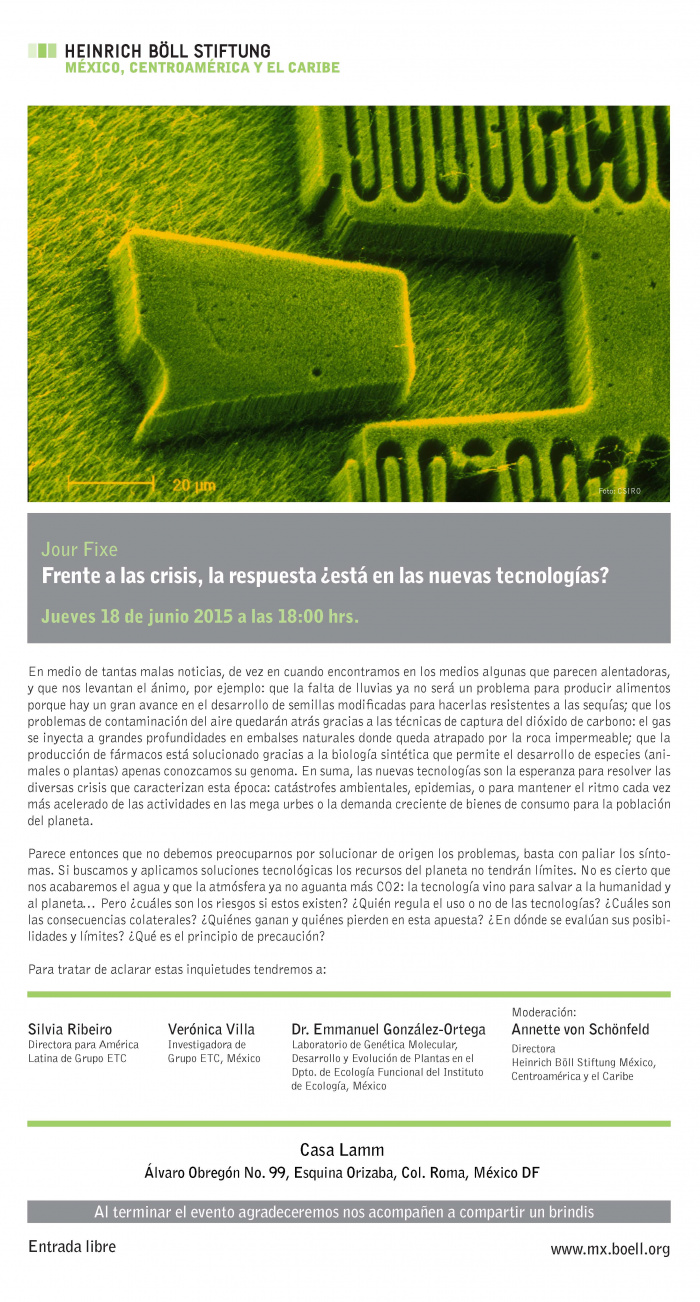UN moves towards a technology early listening system
Enviado por ETC Group el
Addis Summit creates a Technology Facilitation Mechanism including a multi-stakeholder forum to discuss technology issues, including risks and opportunities of emerging technologies for the UN’s 2015–30 Sustainable Development Goals.





